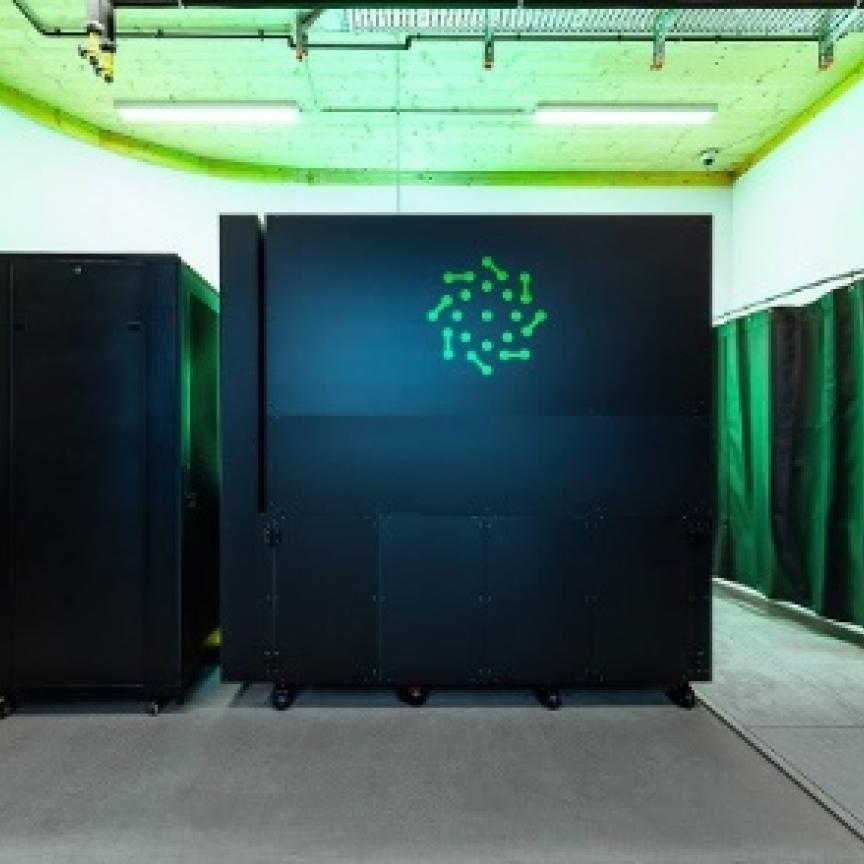The Gauss Centre for Supercomputing (GCS) announces Professor Dieter Kranzlmüller as its new Chair of the Board of Directors. Professor Kranzlmüller is the Chair of the Board of Directors and Managing Director of the Leibniz Supercomputing Centre (LRZ) of the Bavarian Academy of Sciences and Humanities in Garching near Munich, one of the three centres comprising Germany’s Tier-0/1 high-performance computing (HPC) institution. He was elected to chair the GCS board in late April during a GCS council meeting in Garching. It is Professor Kranzlmüller’s first term as GCS’ Chair of the Board.
Professor Kranzlmüller succeeds Professor Michael Resch, Director of the High-Performance Computer Center Stuttgart (HLRS). Professor Resch and Professor Thomas Lippert, Director of the Institute for Advanced Simulation at Forschungszentrum Jülich and head of the Jülich Supercomputing Centre, will serve as vice chairs of the GCS board for the next term. The three GCS directors rotate the position of Chair of the Board every two years.
'From the validation of black holes at the farthest reaches of the universe, to the interaction of a medicine’s molecules with a cancer cell, to massive real-time data processing of autonomous vehicles operating in a hive fashion on a highway, HPC has and will be pivotal in shaping our scientific understanding, our industrial and economic competitiveness, and the quality and prosperity of our society,' explains Professor Kranzlmüller.
'It is an immense pleasure to serve as GCS’ Chair and to continue building our nation’s leadership-class supercomputing assets with my fellow directors and our centres’ staff of talented, dedicated HPC experts, scaling and domain specialists, educators, and researchers,' he continues. 'As we advance towards the exascale threshold of computing and an era of unprecedented discovery and insights driven by the integration of modelling and simulation, data analytics and artificial intelligence, GCS stands ready to provide the basis and the catalyst of innovation–the hardware, software ecosystem, experience and expertise–needed to boost scientific and industrial breakthroughs.'


